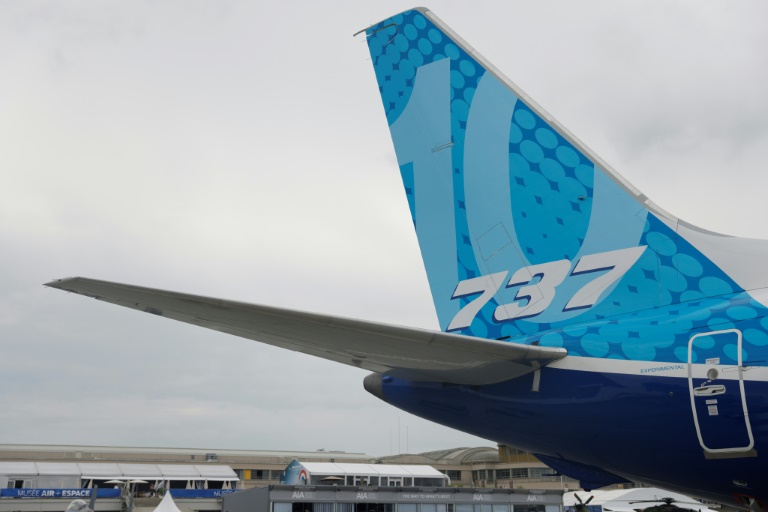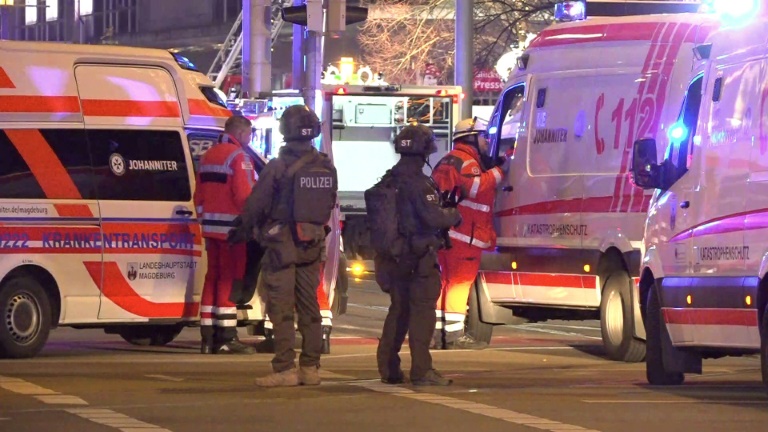Spirit AeroSystems announced on Friday that it will furlough 700 workers for 21 days because of the ongoing Boeing employee strike. Hourly direct, support, and management employees in Wichita, Kansas, will experience a temporary halt in paid employment starting on October 28.
The furloughs, as reported by Reuters, will affect Spirit Aero employees working on Boeing’s 767 and 777 widebody jet programs. Production of these aircraft has been halted since the strike by more than 33,000 U.S. West Coast factory workers began on September 13.
In a statement on Friday, Spirit AeroSystems indicated that it lacks sufficient storage space for the 767 and 777 fuselages it manufactures.
The temporary furloughs represent approximately 5% of Spirit’s U.S. workforce, according to the company’s most recent annual filing.
“If the strike continues beyond November, we will have to implement layoffs and additional furloughs,” Spirit spokesman Joe Buccino told CNBC on Friday.
Spirit Aero’s losses in the second quarter have more than doubled. An industry source revealed that the company has decreased its production of 737 MAX fuselages from 31 per month to 21 in August, September, and October, with potential for additional reductions in the future. This scaling back comes as Boeing has been closely monitoring Spirit Aero’s financial health, with regular check-ins to assess the situation, according to a second source.
Spirit has completely utilized a $350 million bridge term loan facility established when Boeing agreed to acquire the supplier. According to the source, Spirit is expected to seek further assistance from the planemaker.
Spirit Aero has been grappling with the fallout from a challenging year marked by grievances against Boeing. This includes increased scrutiny from lawmakers regarding its conflicts with workers, as well as an investigation by the Federal Aviation Administration following a series of crashes.
Over 32,000 Boeing workers went on strike on September 13 after overwhelmingly rejecting a tentative labor agreement, intensifying the financial pressure on the aircraft manufacturer. This situation poses a new challenge for CEO Kelly Ortberg, who has been in charge for just over two months.







